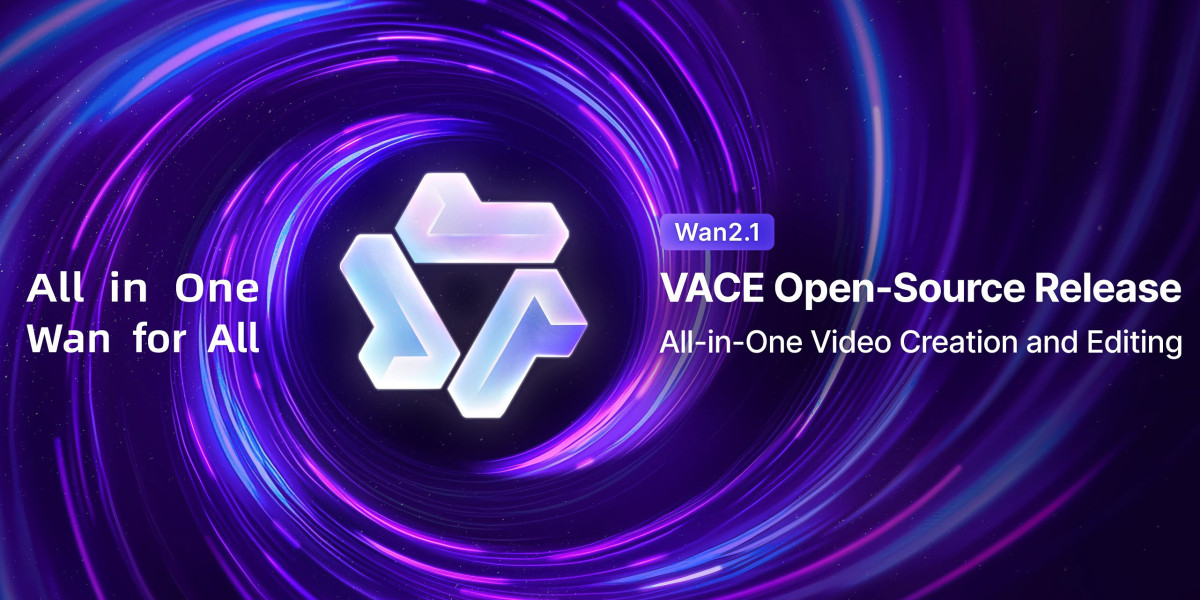In an age defined by hyperconnectivity, artificial intelligence, and increasing digital regulation, the question “The Future of Censorship: Will We Still Have Freedom of Speech in 2050?” is more pressing than ever. As governments, tech companies, and civil society battle over who controls online expression, our future freedom hinges on the choices we make today.
The Shifting Nature of Censorship
Censorship is no longer just about book bans and government crackdowns. In today’s world, it manifests through algorithmic filters, content moderation, shadow bans, and digital surveillance. The traditional gatekeepers of information—governments and media organizations—have been joined by tech giants like Meta, Google, and X (formerly Twitter), all of which wield enormous influence over public discourse.
By 2050, the methods of censorship may be virtually invisible to the average user. Machine learning algorithms could silently suppress dissenting voices, flag controversial content as misinformation, or reroute political debates into controlled spaces. While these tools can help limit hate speech and disinformation, they also pose a serious risk to the principle of free expression if left unchecked.
AI Moderation: Help or Hindrance?
AI-based content moderation is rapidly becoming the frontline tool in managing online speech. These systems scan billions of pieces of content daily, flagging or removing posts that violate platform policies. However, they lack the nuance to distinguish satire from hate speech or activism from extremism.
Looking forward to 2050, artificial intelligence may become far more advanced—but also far more authoritarian if abused. What happens when AI models are trained on biased data or when their decision-making processes are kept opaque? There's a genuine concern that automated censorship will outpace legal and ethical safeguards, stifling legitimate discourse under the guise of safety and order.
Government Control and National Firewalls
Authoritarian regimes are already pioneering large-scale censorship through tools like the Great Firewall of China and Russia’s sovereign internet project. These initiatives limit foreign information, enforce ideological conformity, and allow the state to control the narrative.
If such models spread to other parts of the world, the global internet as we know it could fracture into a series of national intranets by 2050. In this scenario, The Future of Censorship: Will We Still Have Freedom of Speech in 2050? becomes not just a question but a crisis. Democracies may face growing pressure to balance national security with the right to free expression, potentially leading to a slow erosion of civil liberties.
Big Tech’s Dilemma: Profit vs. Principles
Social media platforms are caught between two opposing forces: public calls for responsible content moderation and the moral imperative to protect speech. Add in the pressure from advertisers, governments, and international regulations, and you have a recipe for inconsistent, often politically motivated censorship.
By 2050, the concentration of power in a few tech conglomerates could mean a global monopoly over what gets seen and heard online. If these companies operate without transparency or accountability, they could quietly shape public opinion and limit speech that threatens their bottom line. The digital town square may become less democratic and more curated for profitability.
The Role of Digital Literacy and Public Resistance
There is hope, however. As awareness about digital rights grows, so too does resistance to unchecked censorship. Movements for net neutrality, end-to-end encryption, and open-source platforms are gaining traction. Civic groups and whistleblowers are challenging overreach, while tech-savvy activists work to build decentralized alternatives to mainstream platforms.
In the future, education will play a crucial role. Societies that invest in digital literacy will be better equipped to navigate the complexities of speech, misinformation, and censorship. Empowered citizens are more likely to question opaque moderation policies and demand better from both governments and corporations.
Legal Frameworks and Global Governance
International human rights frameworks like Article 19 of the Universal Declaration of Human Rights uphold the right to freedom of expression. But enforcement remains inconsistent. Moving toward 2050, the world may need stronger global institutions to regulate digital censorship—ones that ensure fair processes, independent oversight, and transnational protections.
Emerging proposals for a “Digital Bill of Rights” could help standardize protections across borders, but getting global consensus will be no easy task. Countries differ widely in how they define harmful speech, and geopolitical rivalries may stand in the way of meaningful collaboration.
What the Future May Hold
So, The Future of Censorship: Will We Still Have Freedom of Speech in 2050? The answer depends on a host of variables: technological development, political will, corporate accountability, and public engagement. The risk is real, but so is the opportunity to shape a better digital future.
We must stay vigilant, advocate for transparent practices, and push for ethical AI systems that respect human rights. Freedom of speech should not be a relic of the past but a cornerstone of our digital future. If we fail to act, the censorship of tomorrow may not be visible—but it will be just as powerful.







